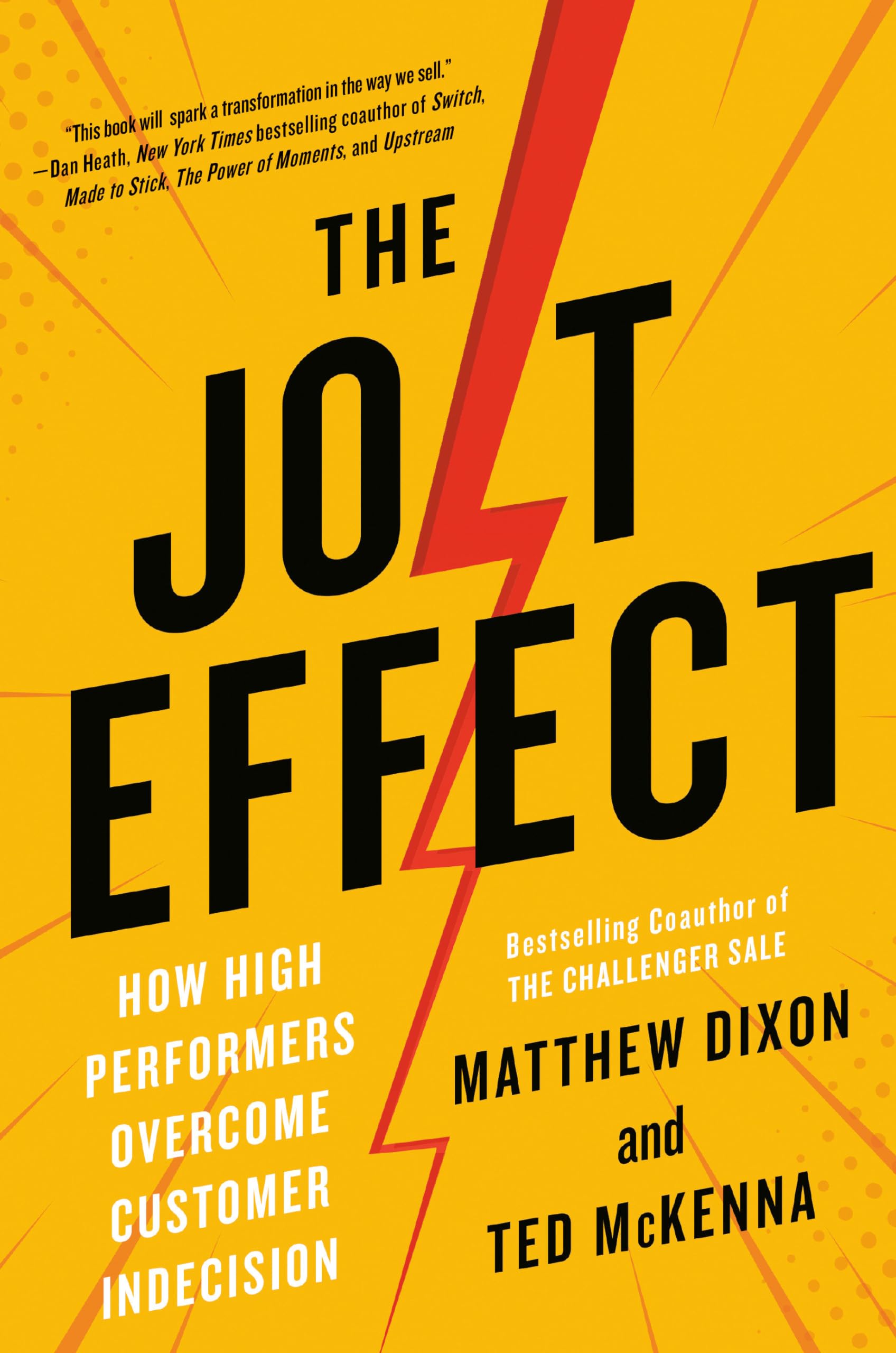I kind of enjoy when I’m reading a book and it seems to contradict what I’ve read in another book. This happened recently while reading “The JOLT Effect“, followed by “The Charisma Myth“. Both are great books, but they seem to offer competing advice about interrupting others.
From the JOLT Effect and some thoughts on “cooperative overlapping”:
This term was coined by Georgetown University linguistics professor Deborah Tannen, who explains that “cooperative overlapping occurs when the listener starts talking along with the speaker, not to cut them off but rather to validate or show they’re engaged in what the other person is saying.” Tannen says another way to think about cooperative overlapping is “enthusiastic listenership” or “participatory listenership.” Others have described this technique as communicating with somebody as opposed to at somebody, and that not cooperatively overlapping can have the unintended consequence of making the other person feel alone.
Then, from The Charisma Myth:
Good listeners know never, ever to interrupt—not even if the impulse to do so comes from excitement about something the other person just said. No matter how congratulatory and warm your input, it will always result in their feeling at least a twinge of resentment or frustration at not having been allowed to complete their sentence. One of my clients told me: “This one practice alone is worth its weight gold. To stop interrupting others could be the single most important skill I’ve learned from working with you.”
So you have one book saying “here is how to interrupt” and the other saying to “never, ever interrupt”. However, I think they’re both right.
The JOLT Effect isn’t really suggesting that you interrupt, and more just go along with them. As they say above, “not to cut them off”, which is exactly what The Charisma Myth encourages.
I’ve been thinking about both of those in recent conversations with folks, but it seems that they’re on the same page so I’ll keep trying to hone my skill of “cooperative overlapping” without actually interrupting what the other person is saying.




